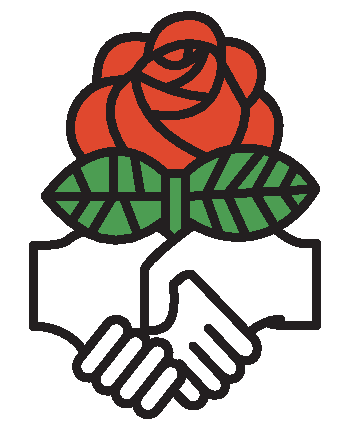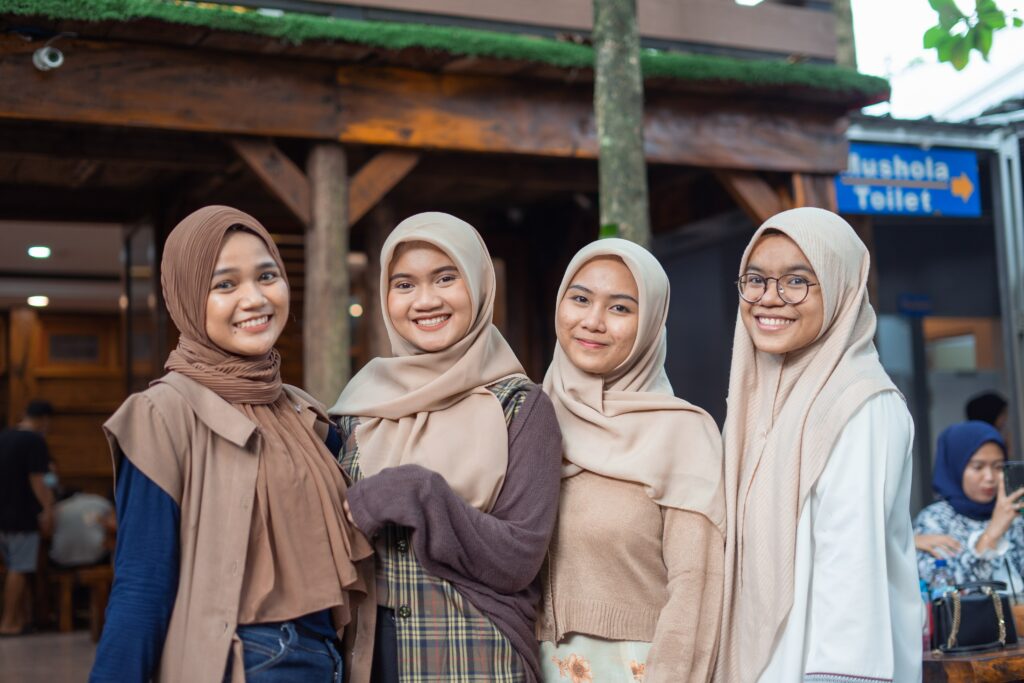From Beijing to the XXI Century: A Socialist International Women’s Perspective
XVII Congress, Paris, France, 5 and 6 November 1999
Resolution
I Introduction
Socialist International Women and other numerous women’s organisations and individuals that support equality have worked during the last century to advance the status of women at all levels of society, both nationally and internationally. However, there is still no country in the world where women and men enjoy complete equality.
And yet, equality is an achievable goal if there is the political will. Deciding that human beings are all equal in words and rights not only means that this worth must equally be recognised and respected for every human being but also, that it is necessary to consider the existing diversity and objective conditions in which one operates.
Of all the events that have characterised this century, the transformation of the female world represents the greatest peaceful social revolution. Today an increasing number of women are better off than their mothers in terms of socio-economic status and their ability to exercise their free will in the public and private realms.
Progress to date is encouraging, however full and real equality for all women has not been achieved and in many countries we are seeing a reversal of some of the gains which have been made. In some regions, women are at the beginning of the marathon and others have run a good stretch.
In spite of considerable disparity in equality between regions and countries, there are several common elements which define the continuing gender imbalance. Firstly, an unequal sharing of family responsibilities and social economic positions and unequal pay for work of equal value; secondly a continuing violence against women and finally decision-making processes continue to remain for the most part in the hands of men.
Furthermore, even in those countries where the achievements of women have been more significant, and the states have adopted legislative instruments promoting equality, the contradiction between the de jure equality of people and the de facto inequality between men and women continues to persist. Given this disparity between theory and practice, it is necessary to go beyond a purely abstract conception of equality. Overcoming these limitations is imperative.
In addition, in many countries no legislative provision has been made in favour of women, who remain legal minors their whole life subordinate to a family code or a personal status that injures their dignity.
Finally, we must also take into account the fact that some regions of the world incorporated into globalisation by means of neo-liberalism, show alarming social indicators, which obstruct the opportunities for the advancement of women.
II. Declaration
Given that representatives of 189 countries signed the Beijing Declaration and Platform for Action at the Fourth UN World Conference on Women held in September 1995;
Considering that there will be a Special Session of the General Assembly of the United Nations to be held 5-9 June 2000 in New York, to review and assess progress made in the implementation of the Beijing Platform for Action;
The XVII Congress of the Socialist International Women held in Paris, 4-6 November 1999, urges all member parties of the Socialist International, whether in government or in the opposition, to demand the swift signing by UN member states of the Optional Protocol to the Convention on the Elimination of all forms of Discrimination Against Women (CEDAW), and to devise and implement policies, put forward and pass legislation and carry out those administrative and informative activities which strongly support with deeds their political commitment to the following twelve Critical Areas of Concern and their respective strategic objectives as outlined in the Beijing Platform for Action:
A. Women and poverty:
- Review, adopt and maintain macroeconomic policies and development strategies that address the needs and efforts of women in poverty
- revise laws and administrative practices to ensure women’s equal rights and access to economic resources
- provide women with access to savings and credit mechanisms and institutions
- develop gender based methodologies and conduct research to address the feminisation of poverty
B. Education and training of women:
- Ensure equal access to education
- Eradicate illiteracy among women
- Improve women’s access to vocational training, science and technology, and continuing education
- develop non discriminatory education and training
- allocate sufficient resources for and monitor the implementation of educational reform
- promote life long education and training for girls and women
C. Women and health:
- Increase women’s access throughout the life cycle to appropriate, affordable and quality health care, information and related services
- Strengthen preventive programmes that promote women’s health
- Undertake gender sensitive initiatives that address sexually transmitted diseases, HIV/AIDS, and sexual and reproductive health issues
- Promote research and disseminate information on women’s health
- Increase resources and monitor follow up for women’s health
D. Violence against women:
- Take integrated measures to prevent and eliminate violence against women
- Study the causes and consequences of violence against women and the effectiveness of preventive measures
- Eliminate trafficking in women and assist victims of violence due to prostitution and trafficking
E. Women and armed conflict:
- Increase the participation of women in conflict resolution at decision making levels and protect women living in situations of armed and other conflicts or under foreign occupation
- Reduce excessive military expenditures and control the availability of armaments
- Promote non violent forms of conflict resolution and reduce the incidents of human rights abuse in conflict situations
- Promote women’s contribution to fostering a culture of peace
- Provide protection, assistance and training to refugee women, other displaced women in need of international protection and internally displaced women
- Provide assistance to the women of the colonies and non self governing territories
F. Women and economy:
- Promote women’s economic rights and independence including access to employment, appropriate working conditions and control over economic resources
- Facilitate women’s equal access to resources, employment, markets and trade
- Provide business services, training and access to markets, information and technology, particularly to low income women
- Strengthen women’s economic capacity and commercial networks
- Eliminate occupational segregation and all forms of employment discrimination
- Promote harmonisation of work and family responsibilities for women and men
G. Women in power and decision making:
- Take measures to ensure women’s equal access to and full participation in power structures and decision making
- Increase women’s capacity to participate in decision making and leadership
H. Institutional mechanisms for the advancement of women:
- Create or strengthen national machineries and other governmental bodies
- Integrate gender perspectives in legislation , public policies , programmes and projects
- Generate and disseminate gender disaggregated data and information for planning and evaluation
I. Human rights of women:
- Promote and protect the human rights of women, through the full implementation of all human rights instruments, especially the Convention on the Elimination of All Forms of Discrimination against Women
- Ensure equality and non discrimination under the law and in practice
- Achieve legal literacy
J. Women and the media:
- Increase the participation and access of women to expression and decision making in and through the media and new technologies of communication
- Promote a balanced and non stereotyped portrayal of women in the media
K.Women and the environment:
- Involve women actively in environmental decision making at all levels
- Integrate gender concerns and perspectives in policies and programmes for sustainable development
- Strengthen or establish mechanisms at the national, regional and international levels to assess the impact of development and environmental policies on women
L. The girl child:
- Eliminate all forms of discrimination against the girl child
- Eliminate negative cultural attitudes and practices against girls
- Promote and protect the rights of the girl child and increase awareness of her needs and potential
- Eliminate discrimination against girls in education, skills development and training
- Eliminate discrimination against girls in health and nutrition
- Eliminate the economic exploitation of child labour and protect young girls at work
- Eradicate violence against the girl child
- Promote the girl child’s awareness of and participation in social, economic and political life
- Strengthen the role of the family in improving the status of the girl child
The theoretical framework created by women’s organisations such as SIW must be accompanied by strong pressure on governments and parties to enact positive action policies towards equality and parity and to integrate a gender perspective in all legislation and all policies and activities.
To this end, we will continue to work with all members of Socialist International to promote equity within the organisation and to work jointly to achieve our common goals.

